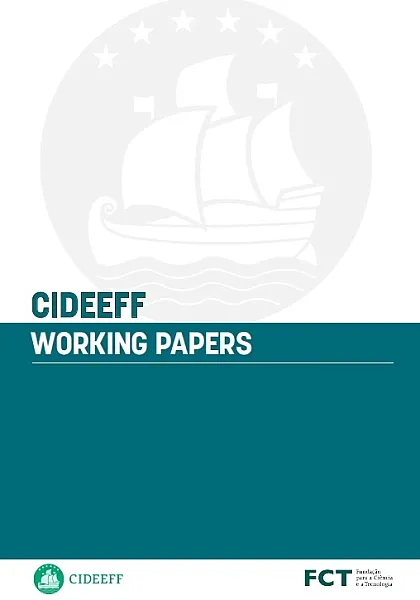The Luxury Aura of Brands and Competition Law - The Debate between the Exhaustion of Intellectual Property Rights and Selective Distribution in the European Union

The exhaustion doctrine aims to effectively limit the claims of an Intellectual Property rights holder to control the distribution and resale of goods already placed on the market by him or with his authorization. Such regulation aims at balancing the protection of rights and their encouragement in return for free competition. If the exceptions to the principle of exhaustion had not been enacted, this would be a major impediment to the operation of selective distribution systems, which are especially relevant for companies involved in the supply of luxury goods. Based on the dichotomy between prestige and luxury brands, however, it is not clear what assumptions are necessary to justify restrictions on competition
within the European community. Along these lines, this paper aims to highlight the subjectivity inherent to the configuration of legitimate grounds to the exclusion of the exhaustion of the mark in European law and its consequences.
Recent Publications


